Cosmic Quest
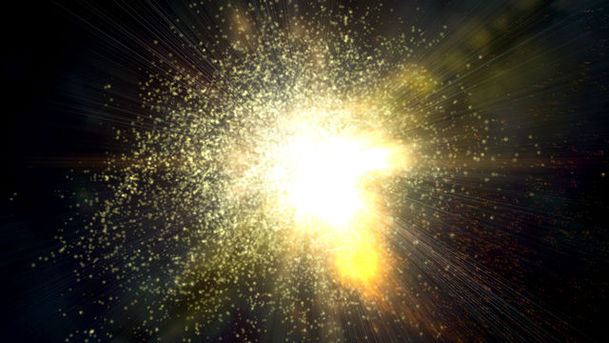
Heather Couper presents a narrative history of astronomy

Cosmic Quest - A Planet Called George - How William Herschel Doubled the Size of the Solar System
Heather Couper presents a narrative history of astronomy. In 1781, William Herschel discovered Uranus, a new planet twice as distant as Saturn and four times larger than the Earth.
Details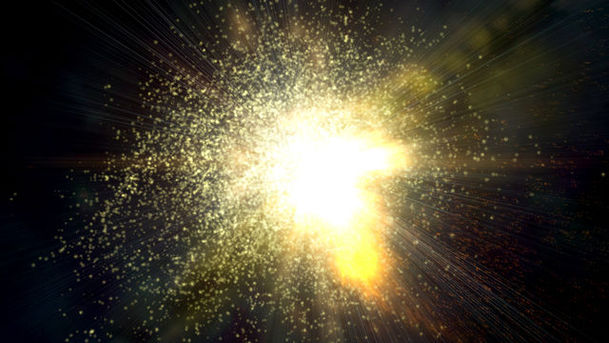
Cosmic Quest - A Plethora of Planets
Heather Couper presents a history of astronomy. A Plethora of Planets. The space age is enabling us to explore the rocks in our cosmic backyard and speculate about worlds beyond.
Details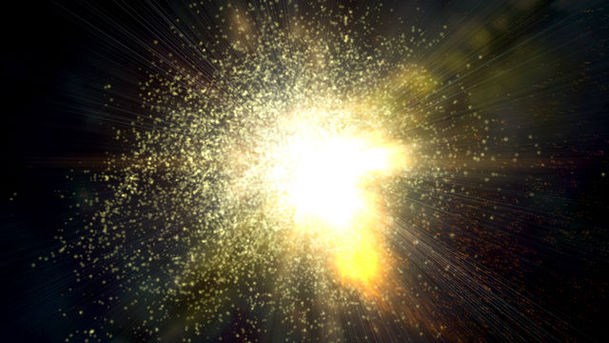
Cosmic Quest - A Star Is Born
Heather Couper presents a history of astronomy. Infrared astronomy enables us to see the processes through which the gas clouds contract, heat up and ignite to form new stars.
Details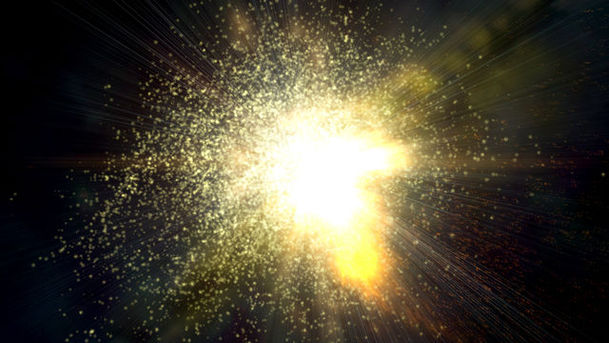
Cosmic Quest - Are We Alone?
Heather Couper presents a history of astronomy. She looks at the prospects for life elsewhere in our own solar system and chronicles the search for extra-terrestrial intelligence.
Details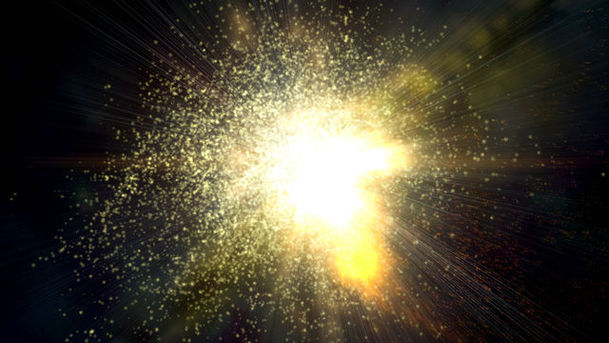
Cosmic Quest - Broadcasts from the Cosmos
Heather Couper presents a history of astronomy. WW2 radar research led to the discovery of radio broadcasts from the cosmos and later the pulsar, taking physics to a new level.
Details
Cosmic Quest - Cathedrals of the Cosmos - Megalithic Calendars and the Solar Year
Heather Couper presents a narrative history of astronomy. In ancient times, our ancestors' calendar was agricultural. The rising and setting of the sun dominated people's lives.
Details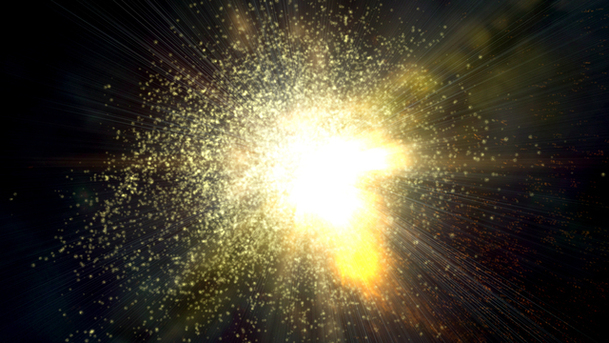
Cosmic Quest - Deep Space - Nebulae Are Island Universes
Heather Couper presents a history of astronomy. In 1919, the young Edwin Hubble discovered, to his astonishment, that the nearest, the Andromeda nebula, lay well outside our galaxy.
Details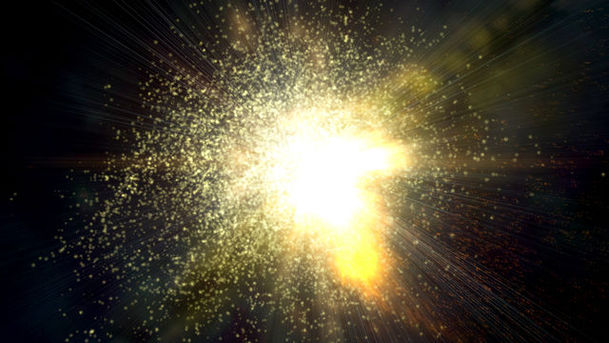
Cosmic Quest - Design or Accident: Why Me?
Heather Couper presents a history of astronomy. Within our understanding of physics, there are no known fundamental reasons for much of the astronomical phenomena that we observe.
Details
Cosmic Quest - Galileo - Seeing is Believing
Heather Couper presents a narrative history of astronomy. Galileo did not invent the telescope, but was the first to record his observations and to realise their significance.
Details
Cosmic Quest - Halley - A Comet's Tale
Heather Couper presents a narrative history of astronomy. Edmund Halley's calculations of the orbits of comets, particularly one which still bears his name, made him famous.
Details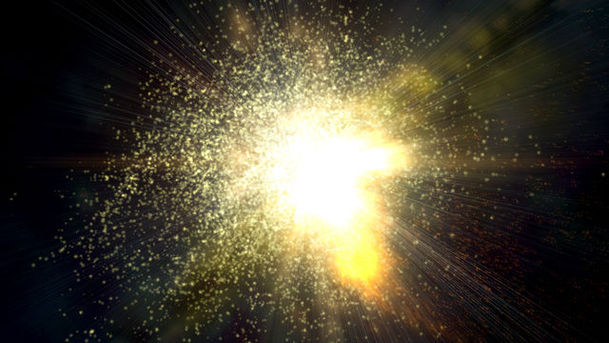
Cosmic Quest - How the Universe Began - Steady State, Big Bang and the Glow of Creation
Heather Couper presents a narrative history of astronomy. The discovery that the universe is expanding led cosmologists to suggest that its origin lay in a compact dense fireball.
Details
Cosmic Quest - Mathematics of the Sky - Islamic Science Fuels the Torch of Discovery
Heather Couper presents a narrative history of astronomy. During the dark ages in Europe, Muslim scholars kept the torch of astronomy alight.
Details
Cosmic Quest - Mirror of the Earth - The Chinese Astronomical Bureaucracy
Heather Couper presents a narrative history of astronomy. In ancient civilisations, events in the sky were linked with what would otherwise seem to be good or bad fortune.
Details
Cosmic Quest - Newton - A Matter of Some Gravity
Heather Couper presents a narrative history of astronomy. Isaac Newton's brilliance as a mathematician put the basic laws of physics on a firm foundation.
Details
Cosmic Quest - Philosopher Scientists - The Innovative Ideas of the Early Greeks
Heather Couper presents a narrative history of astronomy. Thales and Pythagoras developed new theories which led to the start of a series of philosophical schools.
Details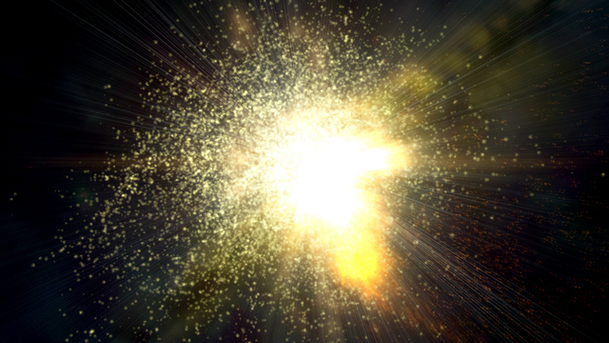
Cosmic Quest - Plumbing the Depths - The Birth of Astrophysics
Heather Couper presents a history of astronomy. Although over 300 years old, the science of astrophysics took off in late Victorian times with the invention of the spectroscope.
Details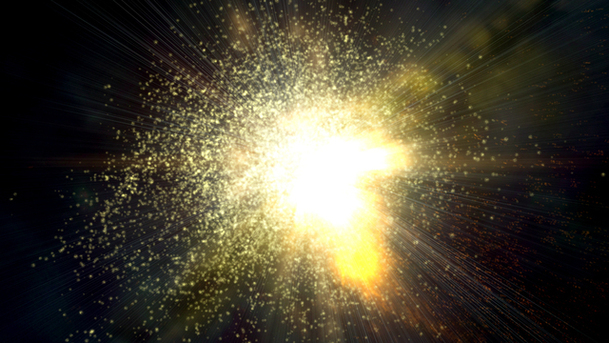
Cosmic Quest - Plumbing the Depths - the Birth of Astrophysics
Heather Couper presents a history of astronomy. Galileo realised that the Milky Way was a glowing band of stars, but its true nature remained a mystery until the early 20th century.
Details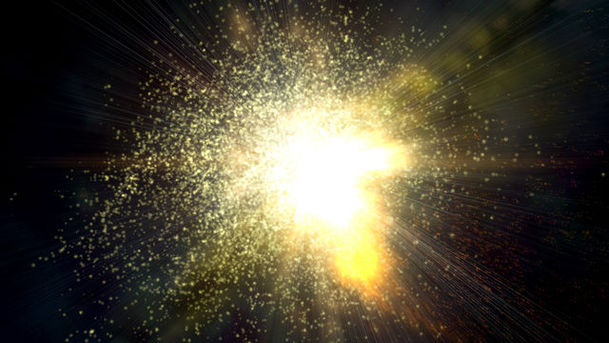
Cosmic Quest - Plumbing the Depths - the Birth of Astrophysics
Heather Couper presents a narrative history of astronomy. Astronomers discovered that the galaxies are flying apart from each other and the universe is expanding.
Details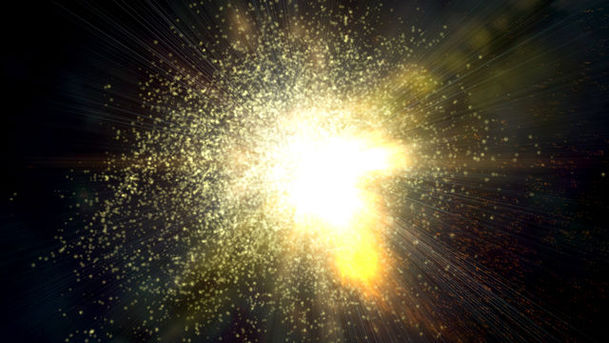
Cosmic Quest - Squashed Stars and Black Holes
Heather Couper presents a history of astronomy. In the late 1960s, the first x-ray telescope in space pinpointed the first black hole to be discovered in orbit around a normal star.
Details
Cosmic Quest - Stories of the Sky - Origins of the Constellations, and Constellation Legends
Heather Couper presents a narrative history of astronomy. Our ancestors mapped the tales of their mythology in the sky. The stars' positions dictated the best time to hunt or plant.
Details
Cosmic Quest - The Celestial Police - Tracking Down Asteroids and Planets
Heather Couper presents a narrative history of astronomy. Using a French prediction, German observers discovered Neptune in 1846. It was not until 1930 that Pluto was found.
Details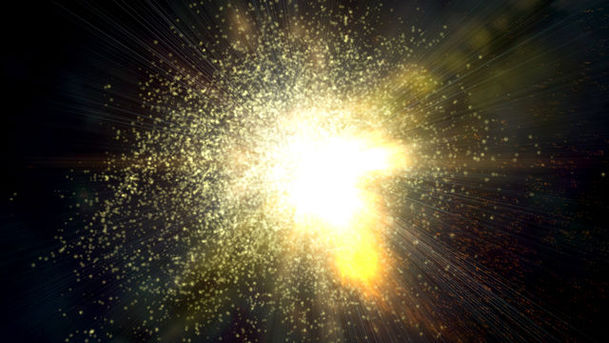
Cosmic Quest - The Dark Side of the Cosmos
Heather Couper presents a history of astronomy. Fritz Zwicky and Vera Rubin realised that dark matter exists, although nobody knows what it is. The question remains unanswered.
Details
Cosmic Quest - The Earth Moves - How Copernicus Decentralised the Earth
Heather Couper presents a narrative history of astronomy. In the 16th century, Polish canon Nikolaus Copernicus revolutionised astronomy.
Details
Cosmic Quest - The Imperfect Cosmos - Kepler and Tycho Turn the Universe on its Side
Heather Couper presents a narrative history of astronomy. Tycho Brahe realised that the heavens change. Later, he met up with a young German mathematician named Johannes Kepler.
Details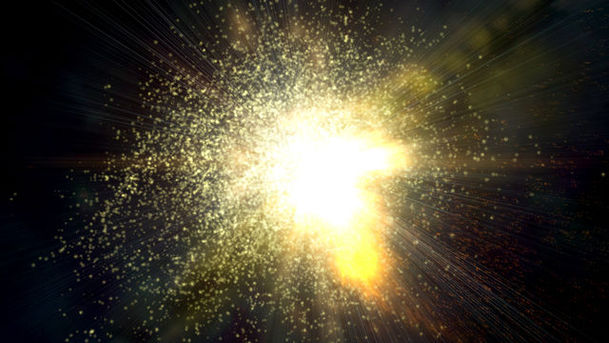
Cosmic Quest - The Life and Death of Stars
Heather Couper presents a history of astronomy. The sun and stars are like giant hydrogen bombs, controlled nuclear explosions. Eventually, the fuel runs out.
Details
Cosmic Quest - The Sky's the Limit
Heather Couper presents a narrative history of astronomy. Since the dawn of modern humans more than 100,000 years ago, people have been looking into the sky in wonder.
Details
Cosmic Quest - Three Wise Men - Ancient Astronomy and the Star of Bethlehem
Heather Couper presents a narrative history of astronomy. Through Babylonian and Egyptian astrology came the basis of modern mathematics and the division of the day into 24 hours.
Details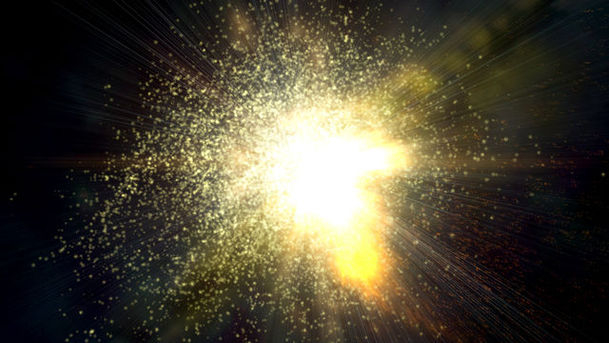
Cosmic Quest - Violent Universe
Heather Couper presents a history of astronomy. Quasars are now believed to be vast black holes, gobbling stars and gas in the centres of galaxies.
Details
Cosmic Quest - Wheels within Wheels - Later Greeks Measure and Map the Heavens
Heather Couper presents a narrative history of astronomy. Ptolemy's Almagest became the standard astronomical text for the next 1400 years.
Details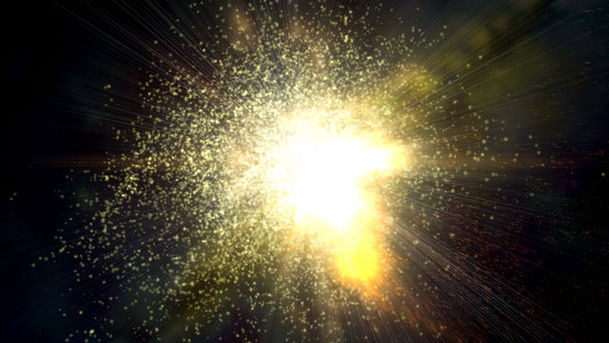
Cosmic Quest - Worlds Beyond
Heather Couper presents a history of astronomy. Evidence is now emerging that other solar systems exist, some with multiple planets and some with planets that may be like Earth.
Details